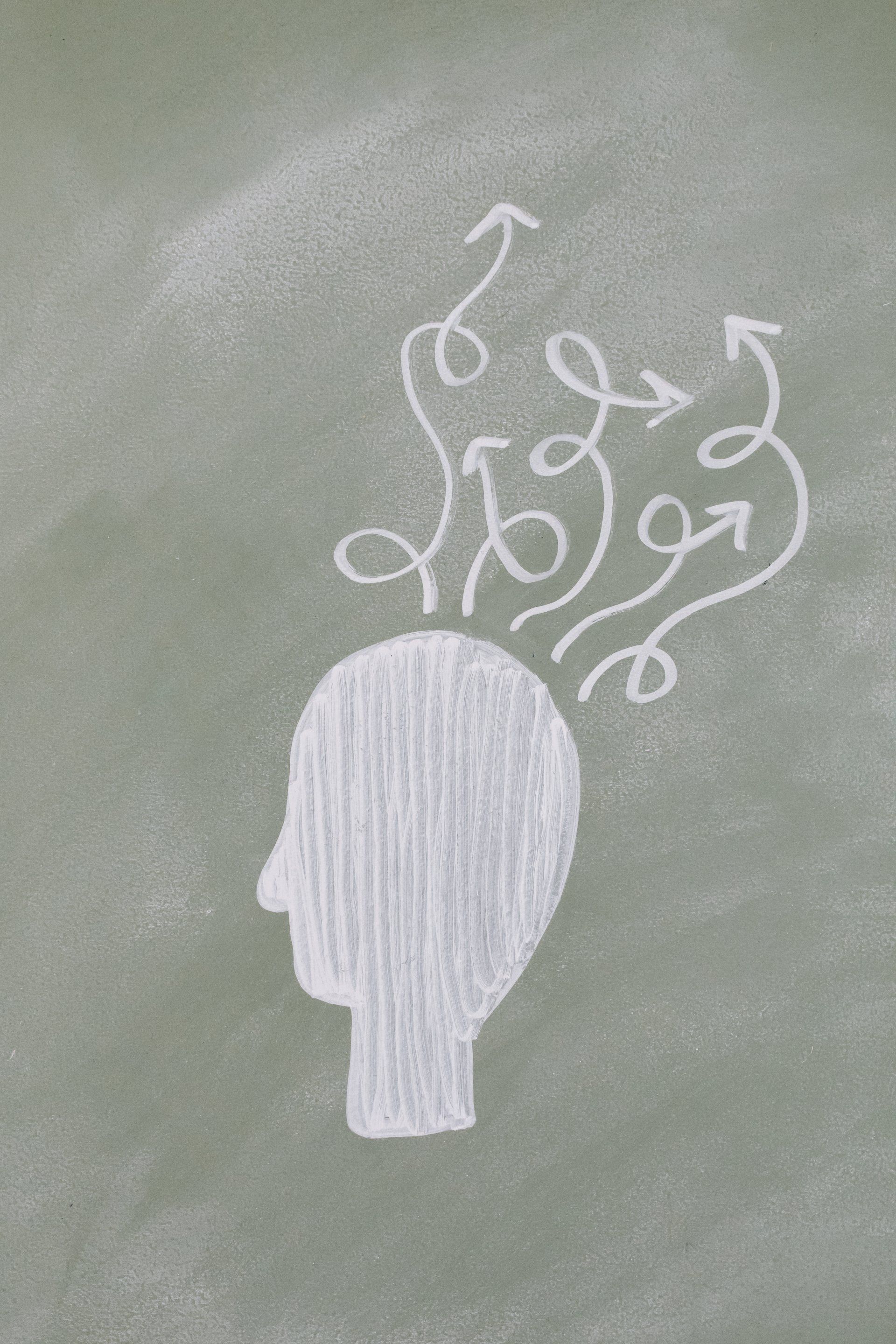Mental Notes
by MindMelody, PLLC.
Learning to Flex: Bend Without Breaking in the Face of Change

We’ve all experienced something that has made us question our ability to adapt to the changing circumstances at hand. Whether it’s the excitement of starting a new and high-profile job following commencement, or the fear that accompanies a departmental lay off when an organization downsizes. Maybe it’s the degradation of a 20-year marriage after one partner conveys, they’re just not in love anymore, or the infatuation of the budding beginnings of a new romance on the horizon. Whatever the change may be, we know the onus is ultimately on the individual to adjust accordingly. Essentially, to avoid long-term suffering we must learn to bend and not break when faced with the newness of change.
Yet, why is it some of us seem to make these adjustments with greater ease in comparison to some of us who don’t? Why is it one person can graduate from college, start their dream career, then within 6 months, crumble under the weight of the job’s demands? Meanwhile, another can commit to taking the challenge by the reigns, continue building their skills, finding a mentor, and thriving in their field. Why is it one person can receive a layoff notice, then go home and update their resume then start applying for jobs? Meanwhile, another will head over to a local bar and drink until closing, before descending into despair for months at a time. Why is it one person can end a long-term relationship and feel like their world has collapsed with no rebuilding efforts in sight? Meanwhile, another can choose to acknowledge their role in the demise of the relationship and use what they learned to cultivate new experiences in the future. Why is it a New Romantic partnership can lead one individual down the road of insecurity and questioning the devotion of their mate? Meanwhile, another can seize the opportunity to experience the intimate connection of human bonding at the most tender level without fearing the worst.
Depending on which side of the coin you find yourself on, will determine how you can relate to this concept in general. Of course, several factors contribute to our ability to develop a bounce-back mentality. For the sake of this article, we’ll explore just a few. Perhaps you’re the type of person who can quickly rebound from a setback, with little downtime needed for recovery. When the change is perceived as positive, you can manage your emotions and not allow overexcitement to dictate your behavior. Imagine you were giving a Ted Talk on this exact topic, and members of the audience posed these questions to you with hopes of uncovering the secret to your mental flexibility.
- How did you develop your unique skillset to approach problem solving?
- Who was your greatest teacher or what was the greatest experience that equipped you with the fundamental keys of resiliency?
- When did you reach the turning point to realize you needed to do something different to be able to successfully navigate changes?
If the answers to these questions come relatively easily for you, then congratulations! It seems that you may have truly mastered the art of approaching change from a much more flexible mindset. However, in contrast, maybe you’ve approached change from a completely different perspective. Which has now placed you in the seat of the onlooker and you are one of the audience members asking these questions to the speaker. As you listen, you find yourself reflecting and analyzing your own responses within your head.
Perhaps your internal monologue goes something like this:
- “How did I develop my unique skillset to approach problem solving?”
- “When I was in middle, or high school I remember overhearing my parents arguing about bills, and family matters all the time. It always seemed like they were blaming one another for this or that. I can’t recall mom or dad ever apologizing, or taking ownership for whatever the issue was. To be honest, I really don’t think the arguments resolved anything at all. It just sounded like a way for both to express their frustration.”
- “Who was my greatest teacher or what was the greatest experience that equipped me with the fundamental keys of resiliency?”
- “This is a tough question. I can’t remember ever seeing anyone in my family demonstrate the ability to quickly bounce back whenever the trials of life hit. As a matter of fact, my dad would work late hours, and then would have his nightly drink to unwind when he finally came home. Aside from his arguments with my mom, I never really knew how he felt. I guess I just assumed he was tired from working so much, and angry from arguing all the time. So, he drank to take the edge off.”
- “When did I reach the turning point and I realize I needed to do something different?”
- “When my long-term relationship ended, and I saw myself withdrawing from my friends, sleeping more, eating more, exercising less, and worrying more. When I noticed my behavior was negatively affecting my loved ones and colleagues, I guess that’s when I knew I needed a breakthrough. It’s like, no one really understood what I was going through. I didn’t feel like I could even explain it. I felt disheartened and embarrassed, so I stayed to myself. But I knew I couldn’t keep living that way.”
If you find yourself being able to relate to the monologue, congratulations! You’re among those who have developed insight into your own awareness about your individual behavioral response to change. You’ve come to understand that sometimes, the behaviors of others we have observed early on were in fact our greatest teachers. It doesn’t make our parents or other primary caregivers incompetent or wrong for the way they handle stressors. They did what they knew to do, based on what they too learned.
According to theoretical perspectives, our behaviors are learned from a variety of sources. We may pick up some of the good habits, in conjunction with some of the bad depending on our genetics, environmental factors, and personal temperament. However, it’s never too late to make a lasting change that will yield favorable results. Becoming a mentally flexible person first requires self-awareness. This awareness can be difficult and is usually accompanied by a situation that challenges or threatens our perceived safety. Understand that changes are inevitable. Whether they are great accomplishments or painful losses, they are essential to human development. Without change, your body would never grow, your mind would never mature, and your world would be stifled as a result. The presence of inflexibility often speaks to the underlying conditioning of fear. Those “if, then” worries begin to manifest. If we spend too much time in this headspace, other problematic and often clinically significant symptoms may begin to present because of excessive worry.
As you’re embarking on this journey to assess your own mental agility, be honest and ask yourself those same reflective questions. The answers might surprise you.
- How did you develop your unique skillset to approach problem solving?
- Who was your greatest teacher or what was the greatest experience that equipped you with the fundamental keys of resiliency?
- When did you reach the turning point and realize you needed to do something different to be able to successfully navigate changes?
For more helpful information about the cognitive approach to change, check out, “Who Moved My Cheese?” by Spencer Johnson.



